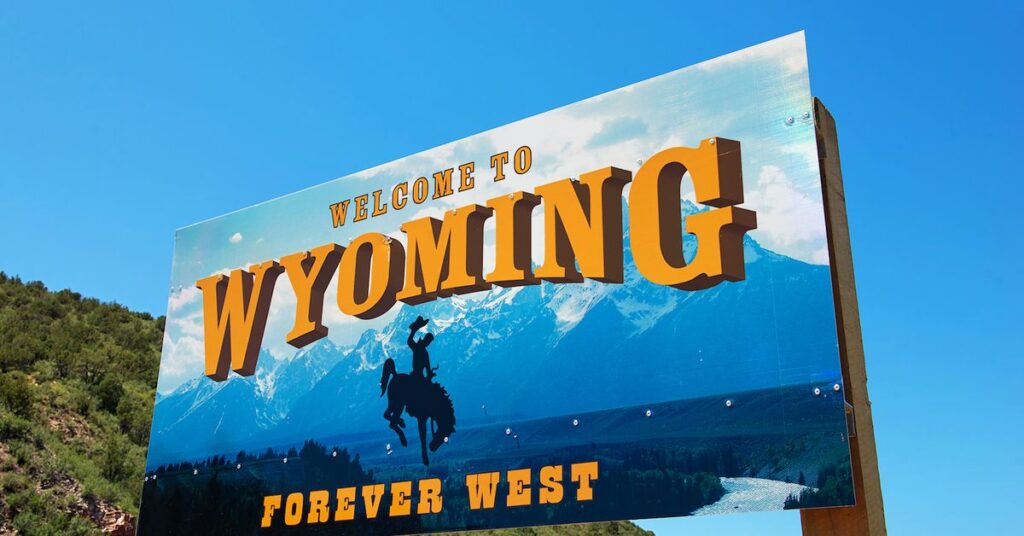Today's internet is dominated by an oligarchy of big tech companies like Amazon, Apple, Meta, and Google. These companies control the closed networks through which we use the Internet (social media, search engines, online shopping, etc.) and use this control to ensure that the companies legally intend to We've done what we do: maximize profits.
Miles Jennings, general counsel at a16z crypto, and David Kerr, principal at Cowrie, LLC.
This outcome is bad for consumers. These companies are pursuing the consolidation of the Internet with ruthless efficiency, leaving very few closed networks, allowing their owners to extract exorbitant value from everyone, including you. .
One way to combat this is through regulation, but for many big tech companies, it's too little too late. A more permanent solution is technological innovation.
Fortunately, entrepreneurs around the world are using blockchain technology to build an Internet without these flaws, one that restores the Internet to its foundations as an open network. The open blockchain network they are building will function more like public infrastructure than proprietary technology. Now, anyone can build on top of it, just as anyone can build a business using open Internet networks like email and websites.
Only this technology can do things much better than early Internet tools. Blockchain networks provide the foundation that will soon allow anyone to start their own social network, car service, or music streaming service.
But if we allow profit-maximizing companies to own these networks, we will end up in the same situation we are in now, where the entire digital world is mediated and controlled by a small number of monolithic companies. We can't afford to repeat the same mistakes.
So who should own and manage these new open networks? Just like with America's roads and town squares, the answer is no one or all.
Wyoming's new corporate structure, the Decentralized Unincorporated Nonprofit Association (DUNA), provides a framework to accomplish this. This structure closely mirrors the corporate structures that already exist in dozens of states, but has been modified to achieve one of its key benefits: decentralization.
DUNA is not managed by officers or directors. There's not even an administrator. Instead, they are managed by a large, dispersed group of members, none of whom are required to maximize the organization's profits. As a result, these organizations are far better suited than corporations to help maintain and grow the Internet's public infrastructure.
In many ways, DUNA can be thought of as similar to a town council. The purpose of the council is to protect the standards and operations of the township by enforcing community norms and covenants, which ultimately serve the interests of residents, their households, and businesses.
Similarly, DUNA's purpose is to protect and support the underlying blockchain network, but like a town council, it is not a business in itself. DUNA empowers its members to ensure that blockchain networks remain open and free from discrimination and unfair value extraction. In other words, DUNA protects personal property and ensures that people can build.
DUNA accomplishes this by solving three major challenges faced by the community managing blockchain network issues. This gives the community a legal existence, allows it to contract with third parties and go to court, allows it to pay taxes, and gives it limited liability. . All of these benefits are comparable to other corporate forms and are essential for building in America.
DUNA solves these challenges without exposing consumers to additional risks. Consumers will be able to access these open blockchain networks through traditional businesses, much like they would use Google or Microsoft to send an email. Now, if you had a problem with your email, you'd turn to Google or Microsoft, not Mail.
Wyoming's new paradigm includes enterprise use, but the fundamental difference is that enterprises no longer control the underlying network, only the user-facing apps. This difference significantly reduces the ability to extract value.
Ultimately, Internet disintermediation pushes the boundaries of our legal system, which relies primarily on intermediary-based regulation. But the response to this challenge should not be to save intermediaries, but to build better systems. That's exactly how Wyoming is leading the nation.


